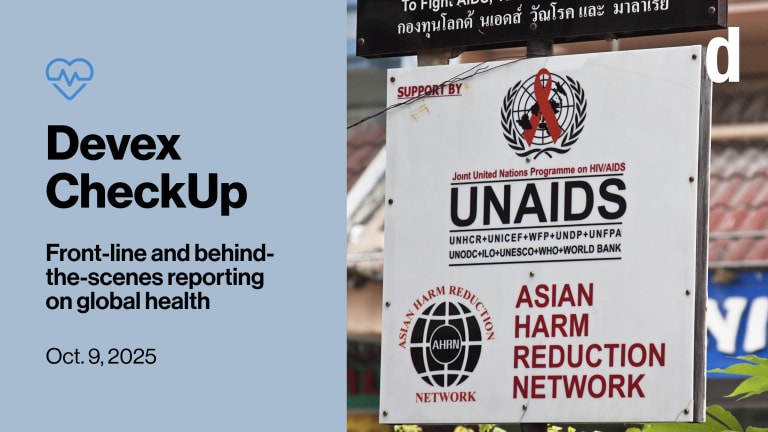
When you think of development, what’s the first image that comes to mind? Most likely it involves a child getting a lifesaving vaccine, a farmer using improved techniques to increase output, or girls attending school for the first time. It probably doesn’t include officials around a conference table, hammering out details of a new tax plan.
As an aspect of international development, tax reform is certainly not the most thrilling. At the same time, it is one of the most critically important issues to the future of development, and its importance is only increasing.
“Domestic resource mobilization” has emerged over the last several years as a new development buzz term. Simply put, it means that countries should rely less on foreign donors and take responsibility for funding their own development efforts, mostly through revenues. Last year’s third International Conference on Financing for Development in Addis Ababa, Ethiopia, underscored the importance of domestic resources in financing the Sustainable Development Goals.
Why should countries fund their own development efforts?
Duke University offers unique specializations within the Master of International Development Policy program that enable government officials to strengthen tax systems and break dependence on foreign aid. The university’s International Taxation and Public Financial Management programs work hand-in-hand to help officials manage changing tax systems and use resources most efficiently in the pursuit of development goals.
1. The resources are available.
Domestic resources in developing countries are now approximately double all international resource flows, according to a report by Daniel Runde and Conor Savoy of the Center for Strategic and International Studies. Compared to roughly $137 billion in official development assistance, the report found that developing countries (excluding China) collected over $3 trillion in tax and other revenues in 2014. This growth includes sub-Saharan Africa, which saw total collected taxes increase from $100 billion in 2000 to $461 billion in 2014.
2. It gives countries ownership of their own development efforts.
Domestic resource mobilization allows governments to take a more active role in their development, giving them stronger bonds of accountability with their citizens. It also allows them to determine priorities and set the agenda based on direct feedback from the people who will be using and benefiting from the services.
3. It’s more sustainable.
More on emerging degrees in global development:
► How to develop a human-centered design mindset
► What is a master's in sustainability management?
► A new kind of development professional: The development engineer
When countries fund their own development, they become less vulnerable to the ebb and flow of donor funding. They are also empowered to invest the funds where they are needed most, rather than being confined by externally imposed programs.
While all this sounds promising, there are tremendous obstacles to tapping into these local resources. While the single largest source of revenue for most countries is through the collection of taxes, many tax systems remain weak due to low institutional capacity. In addition, tax legislation in developing countries is often overly complex, inviting evasion and corruption.
Reforming tax systems is key to improving domestic resource mobilization, leading to better health care, cleaner drinking water, reduced poverty and more equitable education. While it may not paint the most compelling picture, tax reform lays the groundwork to create more of the pictures we all want to see.
You know you need a postgraduate degree to advance in a global development career, but deciding on a program, degree and specialization can be overwhelming. In partnership with the Association of Professional Schools of International Affairs, Duke Center for International Development, American University Kogod School of Business, Lee Kuan Yew School of Public Policy, National University of Singapore and the MPA/ID Program at the Harvard Kennedy School, we are digging into all things graduate school and global development in a weeklong series called Grad School Week. Join online events and read more advice on pursuing a postgraduate education here.








